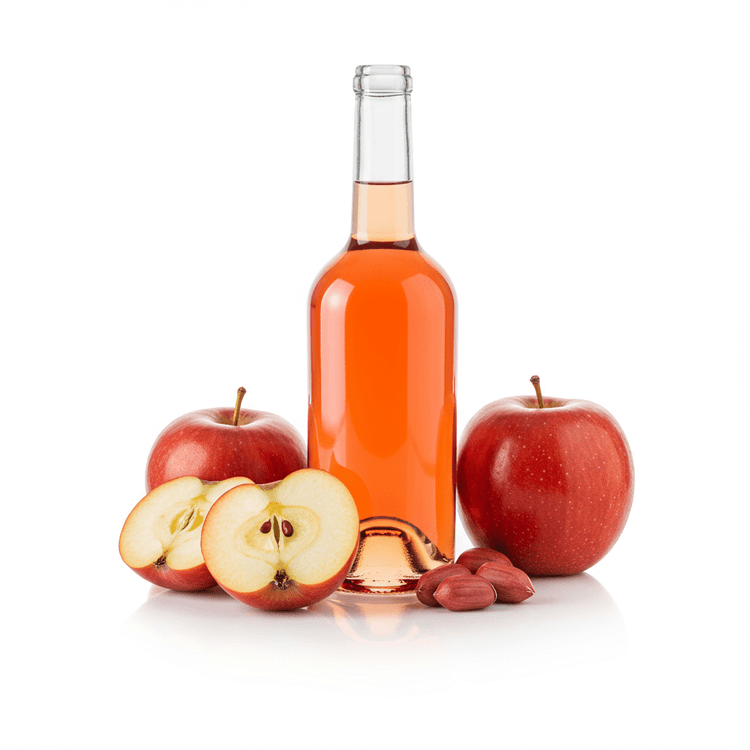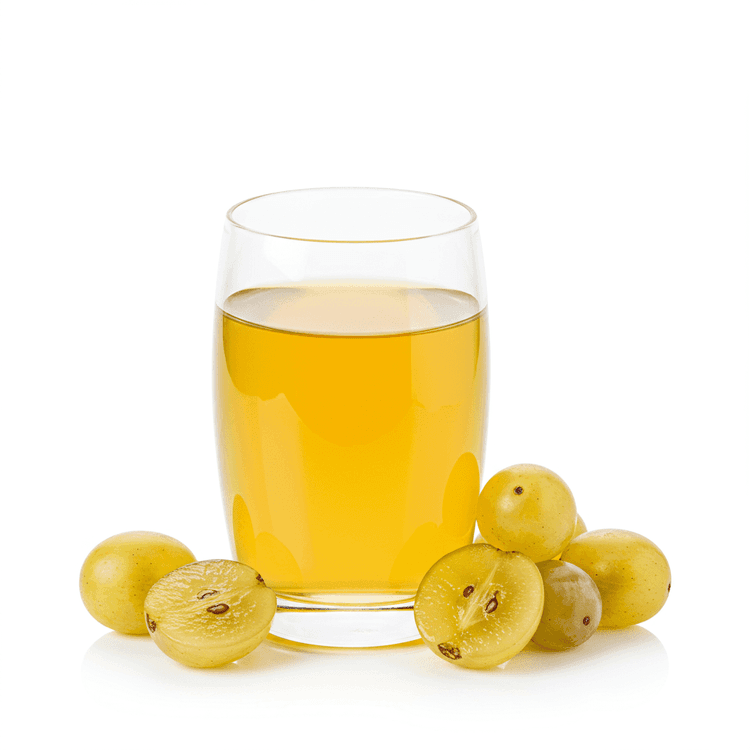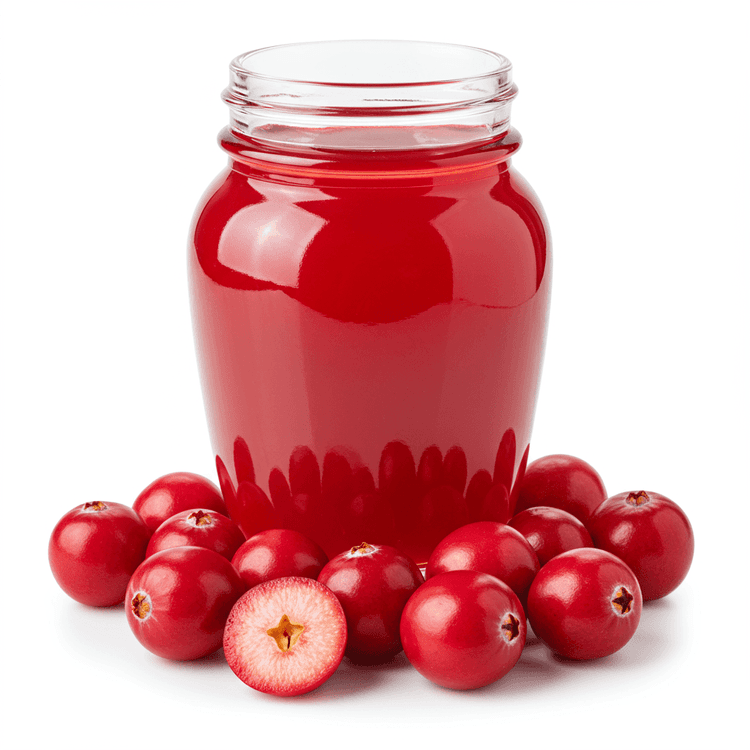
Rose Wine
Rose wine is a versatile and refreshing alcoholic beverage known for its beautiful pink hue, ranging from pale blush to vibrant salmon. It offers a diverse flavor profile depending on the grape varietals and winemaking techniques used. Common tasting notes include red fruit like strawberries, raspberries, and cherries, along with hints of floral aromas and sometimes subtle citrus undertones. The texture is typically light to medium-bodied, crisp, and dry, although some rose wines can have a touch of sweetness. This popular wine is often enjoyed chilled, making it a perfect choice for warm weather occasions and diverse food pairings.
Common Uses
- Rose wine is frequently enjoyed as an aperitif, served chilled to stimulate the appetite before a meal because of its refreshing character and lower alcohol content compared to other wines.
- It makes an excellent pairing for a variety of dishes, including grilled seafood, salads, light pasta dishes, and charcuterie boards, complementing the flavors without overpowering them.
- Rose wine can be used in cocktail recipes to add a fruity and floral note, creating unique and refreshing mixed drinks that are perfect for summer parties or brunch.
- Many chefs use rose wine to deglaze pans after sauteing vegetables or seafood, creating a flavorful sauce base with a delicate pink hue that elevates the dish.
- Its light and fruity profile makes it a popular accompaniment to picnics and outdoor gatherings, offering a sophisticated alternative to beer or other heavier beverages.
- Rose wine can be incorporated into desserts such as wine-poached fruit or rose-infused sorbet, providing a subtle sweetness and aromatic complexity to the final product.
Nutrition (per serving)
Nutrition (per serving)
Calories
82.0kcal (4.1%)
Protein
0.0g
Carbs
2.6g (0.95%)
Sugars
0.6g (1.2%)
Healthy Fat
0.0g
Unhealthy Fat
0.0g
% Daily Value based on a 2000 calorie diet
Nutrition (per serving)
Calories
82.0kcal (4.1%)
Protein
0.0g
Carbs
2.6g (0.95%)
Sugars
0.6g (1.2%)
Healthy Fat
0.0g
Unhealthy Fat
0.0g
% Daily Value based on a 2000 calorie diet
Health Benefits
- May offer antioxidant protection due to resveratrol content, potentially combating oxidative stress.
- Could promote heart health by improving cholesterol levels and blood vessel function (moderate consumption).
- Might have anti-inflammatory properties, contributing to overall wellness.
- May support cognitive function and memory due to antioxidant compounds.
- Lower in calories compared to some other alcoholic beverages, potentially aiding weight management (moderate consumption).
- Can contribute to relaxation and stress reduction when consumed responsibly.
Substitutes
Chefadora AI is here.
Experience smarter, stress-free cooking.
Storage Tips
Rose wine should be stored in a cool, dark place, away from direct sunlight and heat sources. Ideally, unopened bottles should be stored horizontally to keep the cork moist. Once opened, reseal the bottle tightly and refrigerate it. An opened bottle of rose wine will typically stay fresh for 3-5 days in the refrigerator. For longer storage, consider using a wine preserver to remove air from the bottle before resealing.
Marnirni-apinthi Building, Lot Fourteen,
North Terrace, Adelaide, South Australia, 5000
Australia


